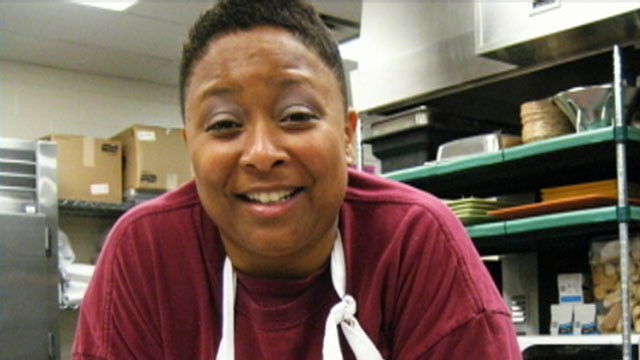
Although I wrote this piece about three months ago, I would like to dedicate it to the memory of Miriam Carey, an unarmed, possibly depressed, Black woman who was killed by police in Washington, DC on October 3, 2013. Investigators called her life “typical.” As we mourn Miriam, let us organize to overcome the violence of ‘typical’ State-sponsored death.
The forty-eight hours of June 25 to June 26, 2013, were filled with killing and abandonment.
On the evening of June 26, Texas performed its 500th inmate execution since reinstating capital punishment in 1976. Texas executed Kimberly McCarthy, a Black woman convicted of murdering her white neighbor, Dorothy Booth. Though a judge originally delayed the execution due to evidence of racism in the court proceedings, eventually the judicial process played out, and now McCarthy is dead. After McCarthy’s execution, Booth’s son was quoted as saying, “We’re just thinking about the justice that was promised to us by the state of Texas.”
What does it mean when the State promises justice? It means that an exchange must take place. The State will bestow justice onto a wronged person, and in exchange, the State wants blood. The State promises justice, and justice comes in the form of the lifeless body of a Black woman. Justice comes in the form of State violence against women of color.
Perhaps this view of how justice plays out in the United States—as an exchange that ends in State violence—sounds melodramatic. But in the United States, women, especially women of color, make up the fastest-growing segment of the population being incarcerated. Incarceration comes with violence. It can be the violence of capital punishment, or just the daily violence of enduring imprisonment: solitary confinement, assault, lack of adequate health care, and unpaid or low-paid work, among other abuses. Regardless of the specific violence, the American justice system is carceral, the violence is ordinary, and someone always has to pay, to do the work of payment.
Just a day before the State killed Kimberly McCarthy, the Supreme Court invalidated Section 4 of the Voting Rights Act. This invalidation means that certain state governments (including Texas) that have histories of passing discriminatory voting rules would not be subject to federal government preclearance for any further changes to those rules. What does this mean at the everyday level? People will lose their right to vote—and have already lost their right to vote—simply for being themselves due to the enactment of voter ID laws. People of color, especially women of color, youth, the elderly, and transgender people, will pay the highest price, literally. To get a new ID to vote because you do not already have one or because you identify as a different gender than previously means paying hundreds of dollars for both the identification card and transportation. If you cannot afford to pay this poll tax, you cannot vote.
What is the logic behind this invalidation? First, the State constructs a crisis: if too many people of color vote, there must be voter fraud. Never mind that voter fraud rarely occurs in the United States. Then, the State ‘solves’ the crisis: it repeals laws that protect voting rights and enacts new discriminatory laws. Meanwhile, the people most affected, like Black women, must labor to protect their rights where the State has abandoned them. They must do the work of buying new ID’s, of navigating new institutional barriers, and work to organize against a racist and sexist system. And the State says justice has been served.
In forty-eight hours, people in the United States saw the State both kill and abandon. Both processes target marginalized populations that the political-economic system produces as worthless. We are left with an increasingly violent State, bent on extracting as much value from marginalized people as possible, and distributing that value to those who already possess so much. We end up with more violence and work for the marginalized and less work for the already rich and powerful. Then the State declares that we are a nation with justice for all.
So when some question why the United States’ political system does not ‘work’ for so many people, the answer seems painfully obvious: it is violent. This violence lies in the fast and slow deaths of those the State deems valueless. It lies with a conception of justice where someone always has to pay with their blood or time. It lies in an economic system where people work harder and harder for a future of less and less.
Organizing against violence and for a political system that works for all requires more than minor tweaking of State policy. We all must be brave enough to organize, do research, make alliances, and combat the systemic violence around us, as well as do the work to care about each other in the process. Against killing and abandonment, organized care must triumph.
(Photo Credit: David J. Phillip / AP)
